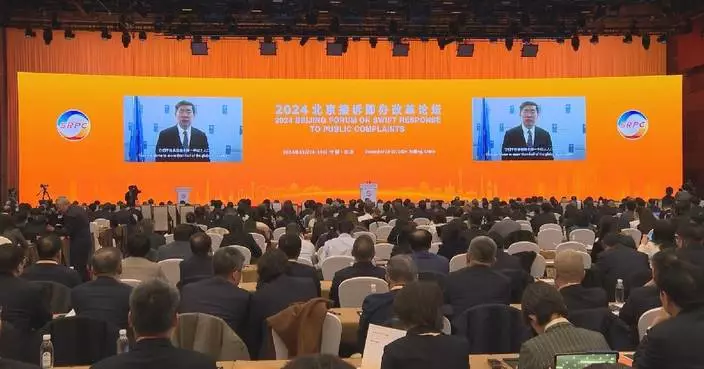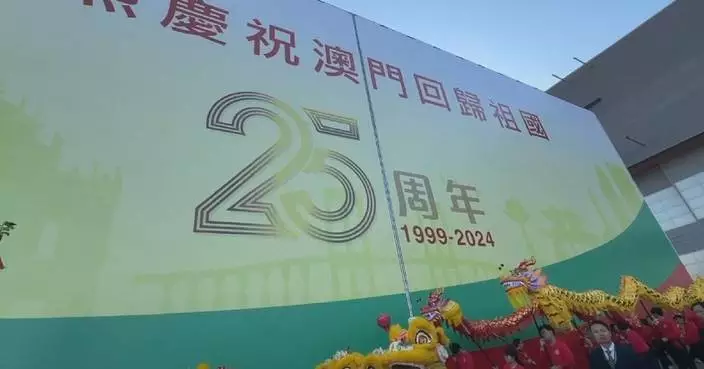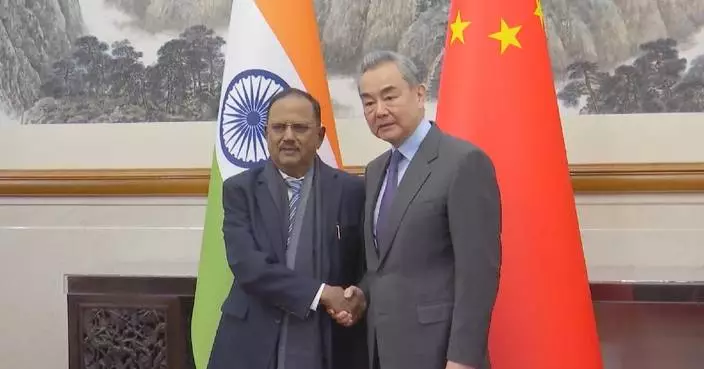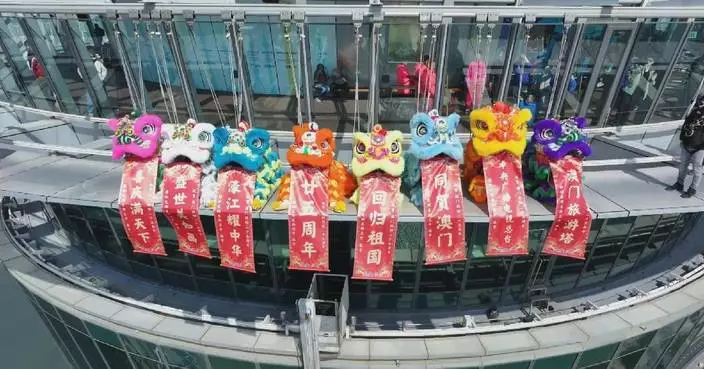As a financial transformation continues to play out in Thailand, Chinese mobile payment systems are leading the way in facilitating cashless payments across the country.
Thailand, like other countries in the region, is experiencing the rise of digital payments. ASEAN now stands out as the world's fastest-growing mobile wallet market.
QR codes have revolutionized how money moves in Thailand, the second-largest economy in Southeast Asia. What was once a cash-heavy society has now embraced a future where coins and notes are nearly obsolete.
At the heart of the country's digital payments boom are Chinese mobile payment platforms that have empowered small businesses, given tourists more freedom to explore, and transformed Thailand into a seamless digital economy.
"Thailand and China have a close economic relationship. And we have huge international trade between these two nations. Thailand adopted mass digital transformation the same as happened in China. It will increase rapidly," said Anusorn Tamajai, dean of the School of Economics at the University of the Thai Chamber of Commerce.
Behind the scenes, banks in the region have been connecting their systems, allowing their residents to use QR payments for cross-border transactions without any fees, generally at favorable conversion rates.
Thailand's Kasikornbank has been making great strides in partnering with China's UnionPay International, a leading payment services provider, to offer its users greater convenience.
"We have been partnering with UnionPay for some time and since going into WeChat Pay as well, we have reached quite a tremendous number of merchants and payment points for all the consumers. They don't have to bring in the physical cash anymore," said Pipatpong Poshyanonda, President and Executive Director at Kasikornbank Public Co. Ltd.
But this cashless revolution is not just about convenience, it's about transforming the way people live, work, and connect.
A regional QR code payment system will no doubt boost financial ties and economic integration across countries, making trade and investment easier and faster. It would also encourage the use of local currencies in cross-border transactions.
"The regional financial system will less depend on the U.S. payment system and U.S. dollar," said Tamajai.

China's mobile payment systems lead rapid development of Thailand's digital economy

China's mobile payment systems lead rapid development of Thailand's digital economy
China's Macao Special Administrative Region is looking to diversify its economy beyond its flourishing tourism sector and harness the various advantages from its geographic location in the Greater Bay Area, according to a business leader in the region.
Kevin Ho King Lun, director of the Industry and Commerce Association of Macao, said the region has punched well above its weight economically but is now aiming to further develop through pursuing a "1+4" economic diversification strategy.
The five-year plan, which is scheduled to run through to 2028, will continue to build on its strong tourism and leisure sector while promoting four core industries, namely health and wellness, modern finance, high-tech, and a broader sector which includes exhibitions, commerce, culture and sports.
"Macao is a relatively small economy, with only 680,000 people [and an area of] 33 square kilometers, we are having roughly 400 billion [yuan] in GDP. That gives Macao a very stable economy. For us to transform into a new economic module, apart from already a very successful and prosperous tourism sector, but we have been relying too heavily on the tourism. So we need to start to diversify it. Now we have the '1+4' transformation. From tourism, we need to add in modern finance, we need to add in high-tech businesses, and we need to [also grow] a greater health industry. We are small, but we are flexible," said Ho.
Ho believes that region's positioning as part of the Greater Bay Area -- a major city cluster and vibrant economic region which comprises Hong Kong and Macao, and nine cities in south China's Guangdong Province -- will also enable its service and financial industries to benefit significantly, as Macao integrates further with the mainland.
He also believes the integration of Macao with major economic centers like Shenzhen and Hong Kong -- one of the world's top financial hubs -- will significantly boost the region's global competitiveness.
"Service industries, the finance industry will perform better in the Greater Bay Area, because we have Shenzhen, we have Hong Kong. We have to better utilize the finance and the modern finance breakthrough, so that we are more in the level playing field amongst the world. Macao, as a service industry, we can utilize Macao to attract many more international forums, exhibitions into Hong Kong, Macao and the Greater Bay Area. If we can break through the borders, I think we will have the best places for anywhere in the world to perform shows, to do forums, to attract really high-end business people into our Greater Bay Area," said Ho.
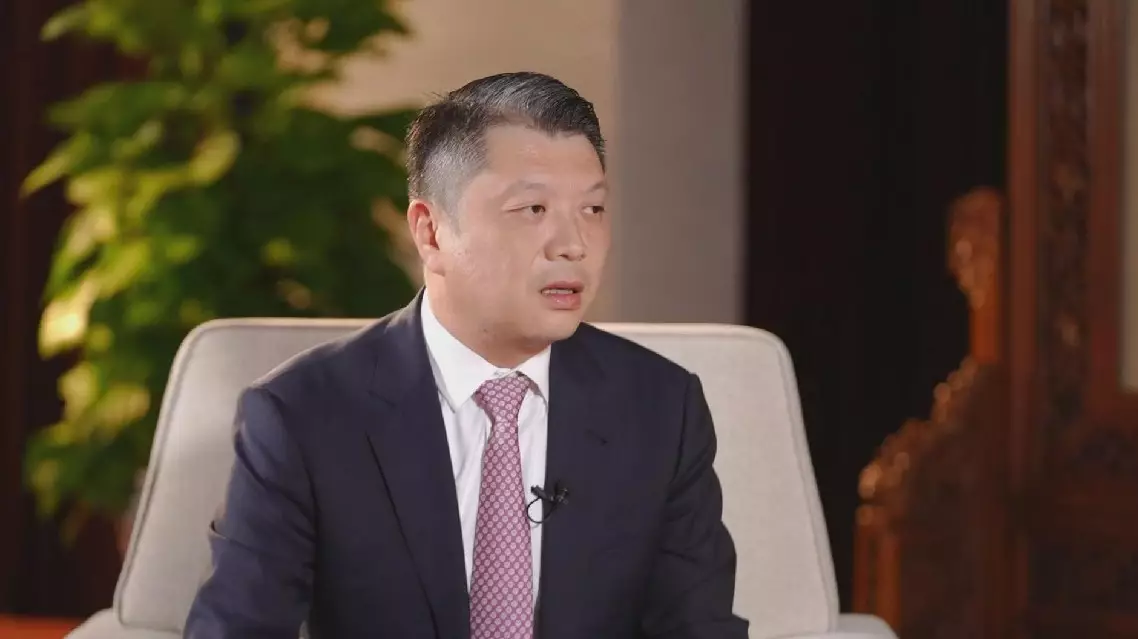
Macao aims to diversify economy beyond tourism sector: business leader






